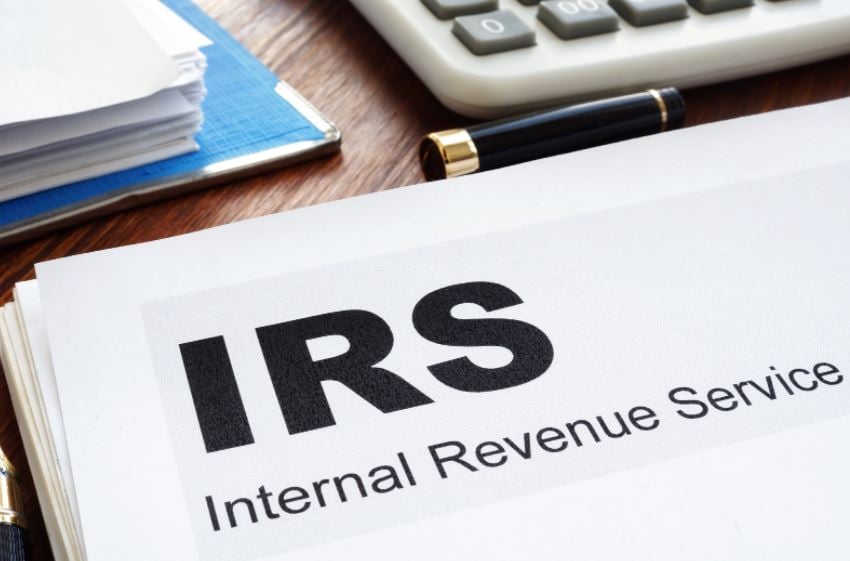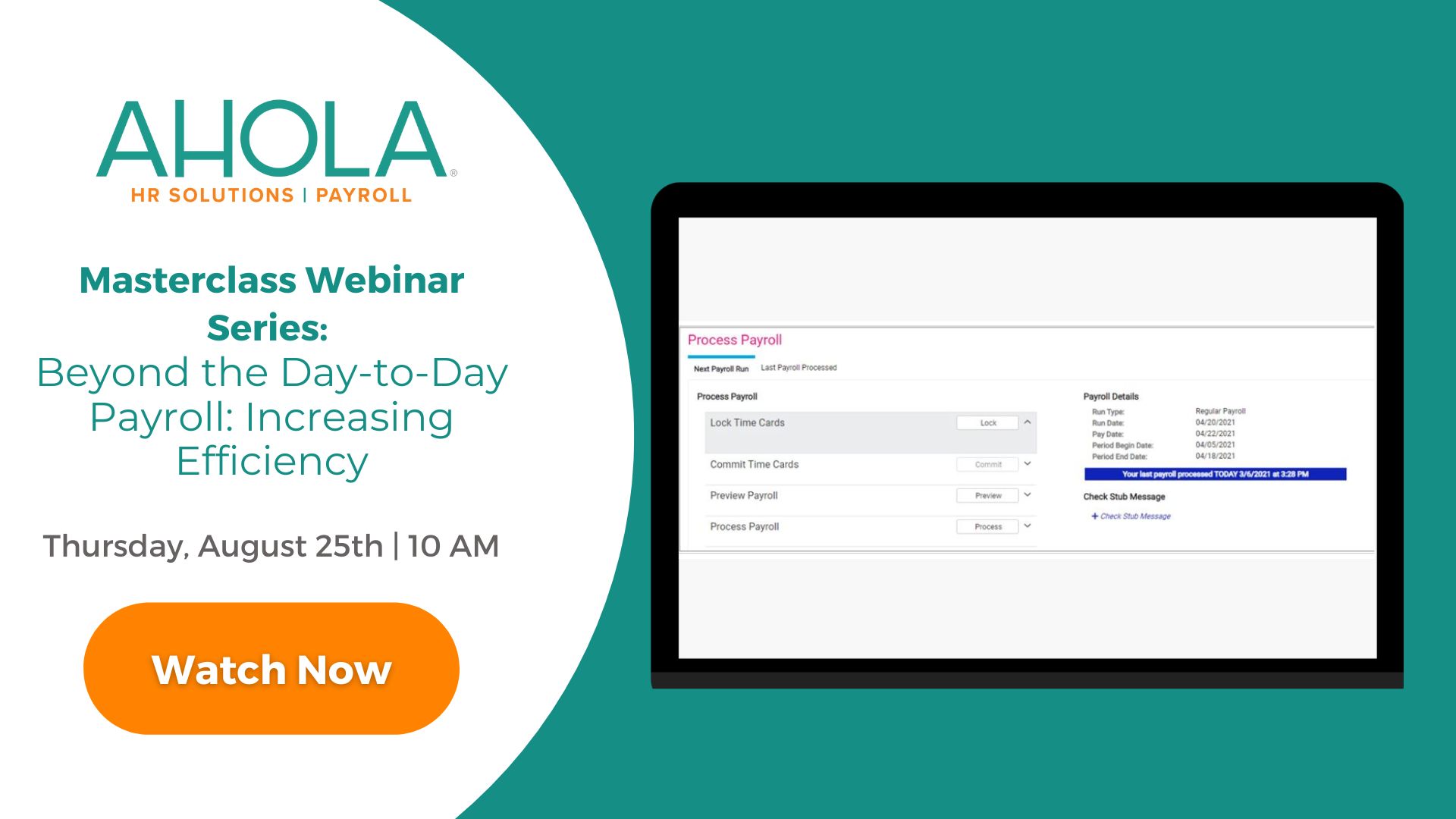Businesses Can File and Claim Employee Retention Credit Retroactively
The Employee Retention Tax Credit (ERTC) was an especially helpful tax break for businesses during the pandemic. It was also especially complex, with several changes along the way. Read more to see where you may stand with it, including the time you have left to claim it.
The federal government's Employee Retention Credit proved to be a lifeline for many businesses and their employees. The eligibility rules were complex and changed over time, as noted in an extensive IRS chart. Not all owners may have been able to figure out whether they were eligible; however, the IRS is giving them a break: Even though the program has ended, employers are still able to file for tax relief retroactively.
According to the IRS, most taxpayers became ineligible to claim the ERTC for wages paid after Sept. 30, 2021. (A recovery startup business can still claim the ERTC for wages paid after June 30, 2021, and before Jan. 1, 2022.) However, companies have three years to claim the benefits they're entitled to.
The key is Instructions for Form 941-X, Adjusted Employer's Quarterly Federal Tax Return or Claim for Refund. It's a complicated form, but it clearly notes, "Generally, you may correct overreported taxes on a previously filed Form 941 if you file Form 941-X within 3 years of the date Form 941 was filed or 2 years from the date you paid the tax reported on Form 941, whichever is later."
Conclusion
The bottom line? If you haven't been sure whether you were eligible for the ERTC during its open period, you have some breathing room to see if you are retroactively entitled. Don't leave the money sitting on the table any longer; contact a financial professional experienced in the law's many nuances as soon as possible to make sure you get every dollar you're entitled to.


.jpg)



Reply a Comment